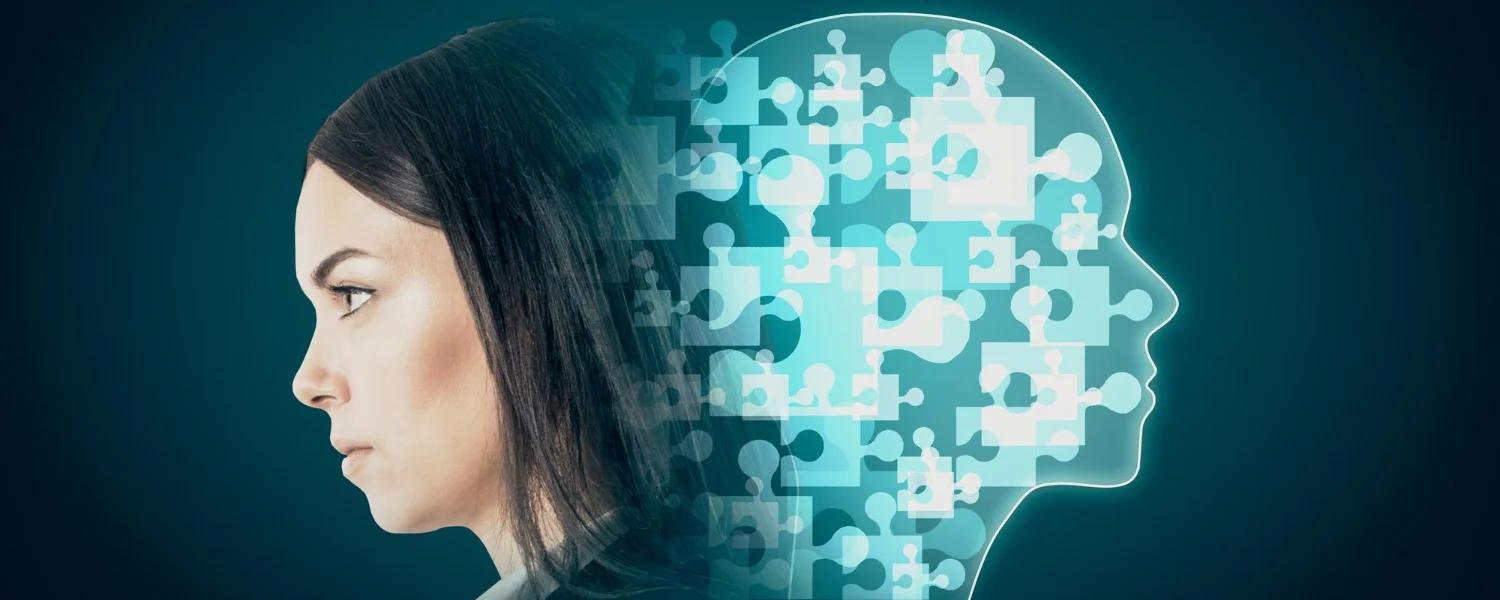
What Are Multiple Intelligences?
Gardner’s theory proposes that there are eight different types of intelligences, each reflecting distinct ways that individuals process information and learn. These intelligences include:
- Linguistic Intelligence: The ability to use words effectively, whether orally or in writing. People strong in linguistic intelligence often excel in reading, writing, and storytelling.
- Logical-Mathematical Intelligence: Involves the capacity to analyze problems logically, perform mathematical operations, and investigate issues scientifically. Individuals with high logical-mathematical intelligence often enjoy solving puzzles or thinking through abstract ideas.
- Spatial Intelligence: The ability to think in three dimensions. Individuals with strong spatial intelligence are often good at visualizing objects, recognizing patterns, and navigating spaces.
- Bodily-Kinesthetic Intelligence: Involves using one’s physical body skillfully. This type of intelligence is prominent in athletes, dancers, surgeons, and craftspeople who have excellent hand-eye coordination and motor skills.
- Musical Intelligence: The capacity to recognize, create, and reproduce musical patterns. People with high musical intelligence often excel in playing instruments, singing, or composing music.
- Interpersonal Intelligence: The ability to understand and interact effectively with others. Individuals with strong interpersonal intelligence are skilled at communicating, understanding emotions, and working well in group settings.
- Intrapersonal Intelligence: Refers to self-awareness and the ability to understand one’s own emotions, motivations, and desires. People with high intrapersonal intelligence are often introspective and self-reflective.
- Naturalistic Intelligence: The ability to recognize and categorize elements of the natural world, such as plants, animals, and weather patterns. People with this intelligence often have a strong affinity for nature and environmentalism.
Recognizing and Nurturing Multiple Intelligences
Each individual possesses a unique combination of these intelligences. While one person may excel in logical-mathematical intelligence, another may shine in musical or interpersonal intelligence. Recognizing these diverse abilities allows for a more personalized approach to education and development. Here are ways to nurture different types of intelligences:
Linguistic Intelligence: Encourage reading, writing, and engaging in storytelling activities. Create opportunities for debate and discussion, where individuals can express their thoughts verbally.
Logical-Mathematical Intelligence: Provide puzzles, logical challenges, and opportunities to engage in scientific experiments or complex problem-solving tasks.
Spatial Intelligence: Offer activities that involve drawing, sculpting, or working with maps and diagrams. Encourage engagement in tasks that involve visualizing and manipulating objects.
Bodily-Kinesthetic Intelligence: Support participation in physical activities like sports, dance, or hands-on tasks such as building or crafting.
Musical Intelligence: Foster a musical environment where individuals can listen to, perform, or compose music. Provide access to instruments and encourage participation in musical activities.
Interpersonal Intelligence: Create group activities that promote collaboration and communication. Encourage social interaction and leadership opportunities where individuals can engage with others effectively.
Naturalistic Intelligence: Encourage outdoor exploration and environmental studies. Involve individuals in activities like gardening, hiking, or learning about wildlife and ecosystems.
The Importance of Valuing Different Intelligences
Recognizing multiple intelligences shifts the focus from traditional education models that emphasize linguistic and logical-mathematical abilities. Instead, it values all forms of intelligence equally, allowing individuals to explore their strengths and excel in areas that might not be typically acknowledged in conventional academic settings.
This approach fosters a sense of inclusion and helps individuals build confidence in their unique abilities. It promotes the idea that everyone has the potential for success, but the pathways to that success may differ based on the individual's intelligence profile.
Supporting Multiple Intelligences in Children
Children benefit immensely from an educational approach that recognizes their multiple intelligences. Parents and educators can support children by providing opportunities to explore their interests and talents across a broad range of activities. For example, a child strong in bodily-kinesthetic intelligence may thrive in a hands-on learning environment, while a child with high interpersonal intelligence may excel in group work or leadership roles.
At Dr. Zahraa, we specialize in recognizing and supporting the diverse intelligences of children. Whether your child is a gifted artist, mathematician, or communicator, we provide personalized support to help them grow in their strengths. If you're seeking tailored psychological support or guidance for nurturing your child's potential, book a session today and let us assist you in understanding their unique abilities.
Related Blog
14 Sep 2024 | Learning and Development
Special Needs for Children with Developmental Disabilities
Children with developmental disabilities face unique challenges that require sup...
14 Sep 2024 | Learning and Development
Supporting Gifted Individuals: Understanding Their Needs and Nurturing Their Talents
Gifted individuals often possess exceptional abilities or talents that set them ...
14 Sep 2024 | Learning and Development
Supporting Children with Learning Difficulties
Learning difficulties affect a child’s ability to process, understand, or reta...



Comments
Total 0 comment in the post